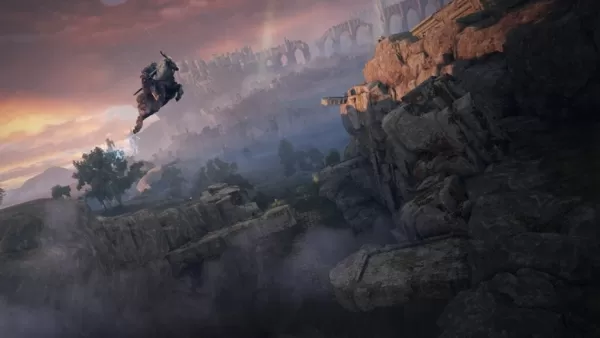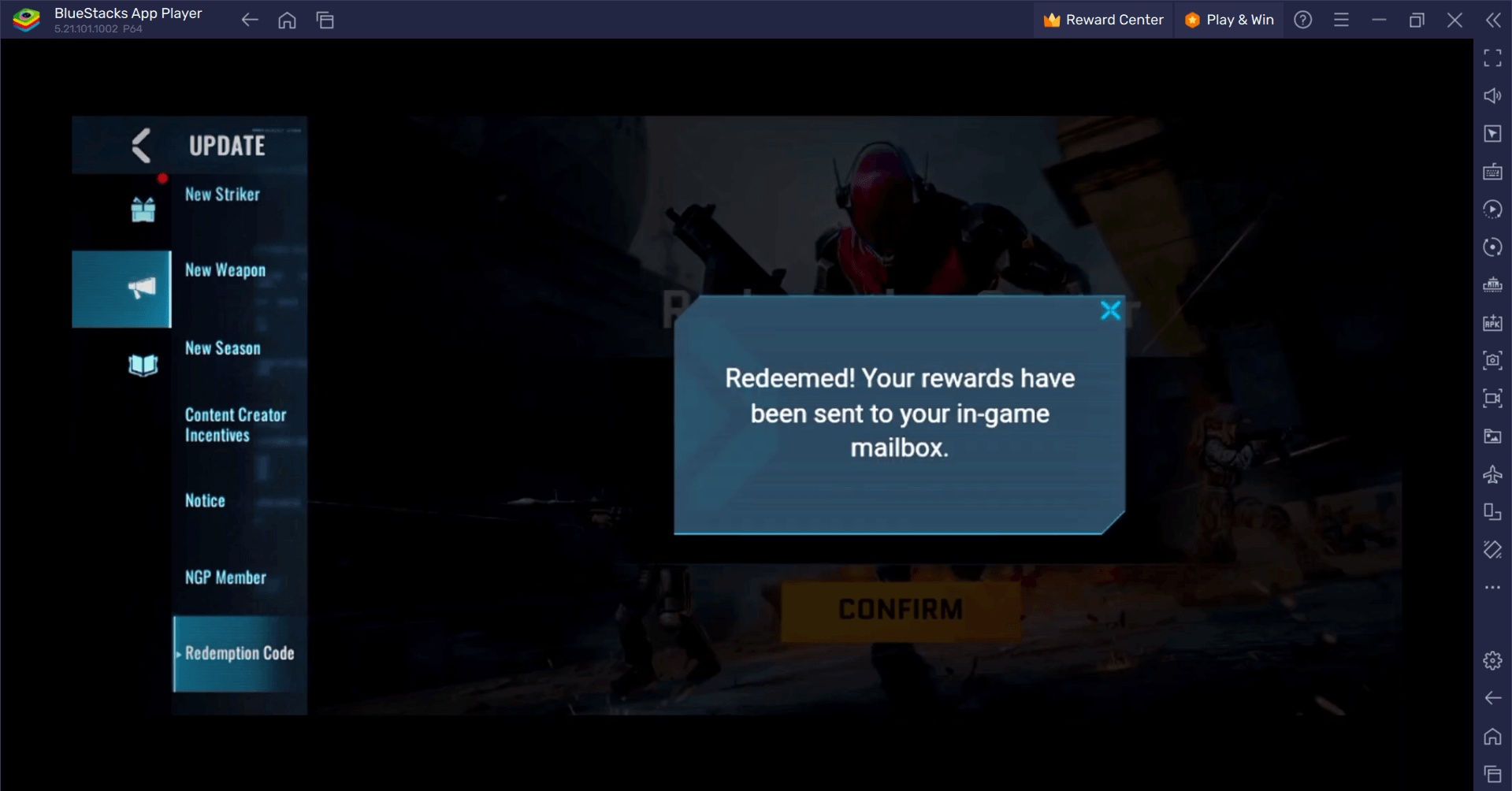Elden Ring: Redefining Open-World Exploration?
Open-world games have long been dominated by checklists, with maps cluttered with markers and mini-maps dictating every move, making objectives feel more like chores than adventures. But then came Elden Ring from FromSoftware, which tossed aside the conventional playbook, eliminated the hand-holding, and offered players a rare gem: genuine freedom.
We've collaborated with our partners at Eneba to delve into the impact Elden Ring has had on the genre and why it's truly impressive.
A World That Doesn’t Beg for Your Attention
Traditional open-world games often demand your constant attention, bombarding you with reminders of where to go, what to do, and why it matters. Elden Ring takes a different approach—it whispers. It presents a vast, mysterious world and encourages you to unravel its secrets at your own pace.
The game avoids intrusive UI elements that shout for attention, instead allowing your curiosity to lead the way. If something catches your eye on the horizon, go explore it. You might discover a hidden dungeon, a powerful weapon, or a formidable boss ready to challenge you.
One of the standout features is the absence of level scaling. The world remains unchanged, forcing you to adapt to its challenges. If an area proves too tough, you can return later or take on the risk of facing a dragon at level five with a broken sword. It's your choice, and the consequences are yours to bear.
It's never too late to delve into the Lands Between, especially with Eneba offering Elden Ring Steam keys at surprisingly affordable prices.
Exploration Feels Like Discovery, Not a Checklist
In most open-world games, exploration often feels like a race to complete objectives efficiently, turning the experience into a checklist. Elden Ring turns this concept on its head.
There's no quest log directing your every move. NPCs speak in enigmatic riddles, distant landmarks beckon without explanation, and the game refrains from over-explaining itself.
 This approach might seem daunting at first, but it's what makes exploration so rewarding. Every cave, ruin, and fortress you stumble upon feels like a personal discovery, driven by your curiosity rather than a pre-set directive.
This approach might seem daunting at first, but it's what makes exploration so rewarding. Every cave, ruin, and fortress you stumble upon feels like a personal discovery, driven by your curiosity rather than a pre-set directive.
Unlike other games where loot can feel random, Elden Ring ensures that every reward is meaningful. Discovering a hidden cave might lead you to a game-changing weapon or a spell that allows you to summon a literal meteor storm.
The Joy of Getting Lost (and Surviving)
In many games, getting lost is seen as a setback. In Elden Ring, it's part of the adventure. You might take a wrong turn into a poison swamp or walk into what appears to be a peaceful village, only to be ambushed by grotesque creatures. These moments contribute to the world's vibrancy and unpredictability.
While the game doesn't guide you by the hand, it does offer subtle clues. A statue might point toward hidden treasure, or a cryptic NPC could hint at a secret boss. By paying attention, the world gently guides you without dictating a set path.
Open-World Games Will Never Be the Same?
Elden Ring has set a new standard, proving that players don't need constant guidance to enjoy an open world—they crave mystery, challenge, and the thrill of discovery. We can only hope that other developers take inspiration from this approach.
If you're ready to immerse yourself in a world that not only invites but demands exploration, digital marketplaces like Eneba offer fantastic deals on gaming titles. Whether it's Elden Ring or other must-play games, your next adventure is just a few clicks away.
-
1
![Roblox Forsaken Characters Tier List [UPDATED] (2025)](https://imgs.ksjha.com/uploads/18/17380116246797f3e8a8a39.jpg)
Roblox Forsaken Characters Tier List [UPDATED] (2025)
Mar 17,2025
-
2

Roblox UGC Limited Codes Unveiled for January 2025
Jan 06,2025
-
3

Stardew Valley: A Complete Guide To Enchantments & Weapon Forging
Jan 07,2025
-
4

Pokémon TCG Pocket: Troubleshooting Error 102 Resolved
Jan 08,2025
-
5

Free Fire Characters 2025: Ultimate Guide
Feb 20,2025
-
6

Blood Strike - All Working Redeem Codes January 2025
Jan 08,2025
-
7

Blue Archive Unveils Cyber New Year March Event
Dec 19,2024
-
8

Roblox: RIVALS Codes (January 2025)
Jan 07,2025
-
9

Cyber Quest: Engage in Captivating Card Battles on Android
Dec 19,2024
-
10

Delta Force: A Complete Guide to All Campaign Missions
Apr 09,2025
-
Download

A Simple Life with My Unobtrusive Sister
Casual / 392.30M
Update: Mar 27,2025
-
Download

Random fap scene
Casual / 20.10M
Update: Dec 26,2024
-
Download
![Corrupting the Universe [v3.0]](https://imgs.ksjha.com/uploads/66/1719514653667db61d741e9.jpg)
Corrupting the Universe [v3.0]
Casual / 486.00M
Update: Dec 17,2024
-
4
Ben 10 A day with Gwen
-
5
Oniga Town of the Dead
-
6
A Wife And Mother
-
7
Cute Reapers in my Room Android
-
8
Permit Deny
-
9
Utouto Suyasuya
-
10
Roblox














